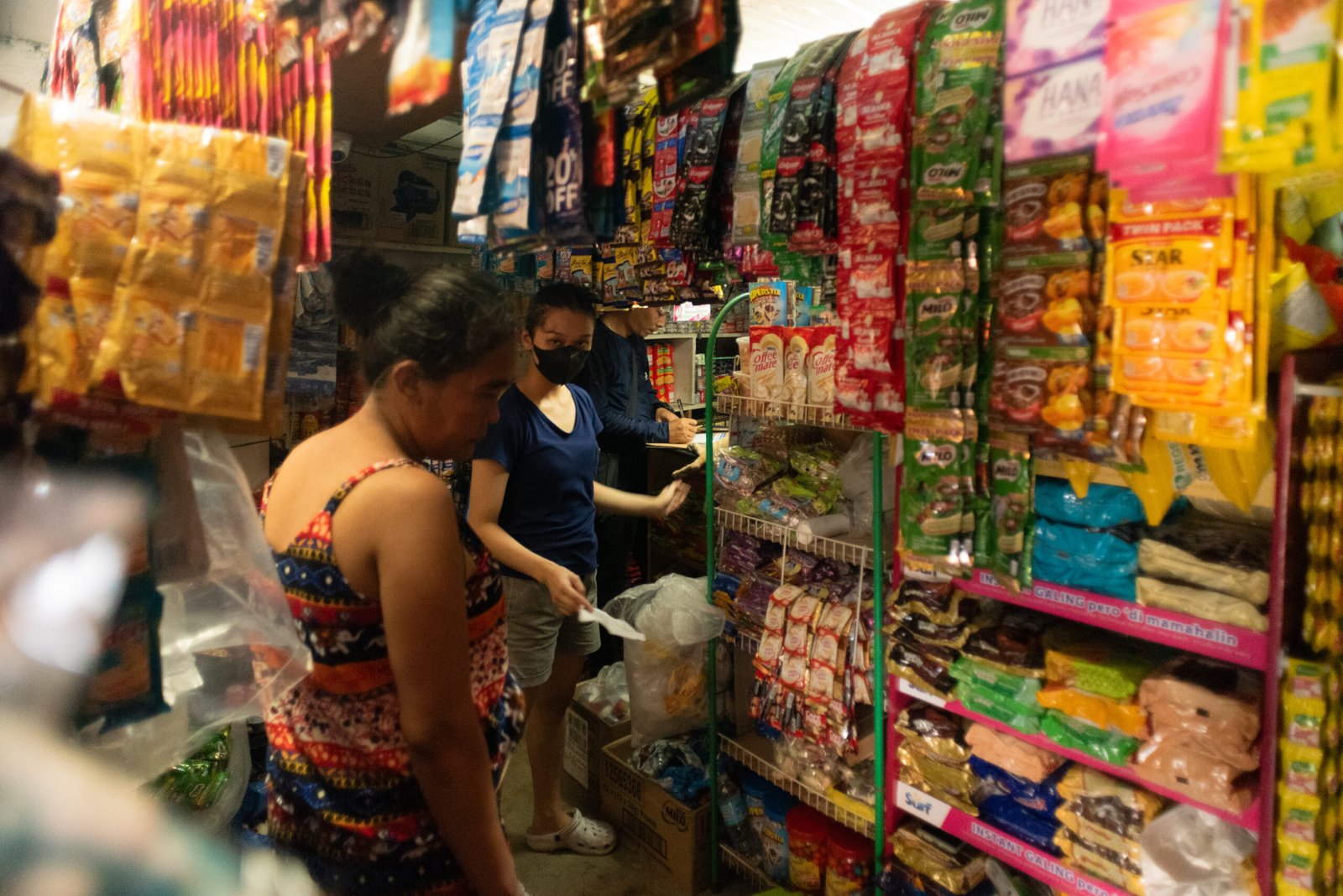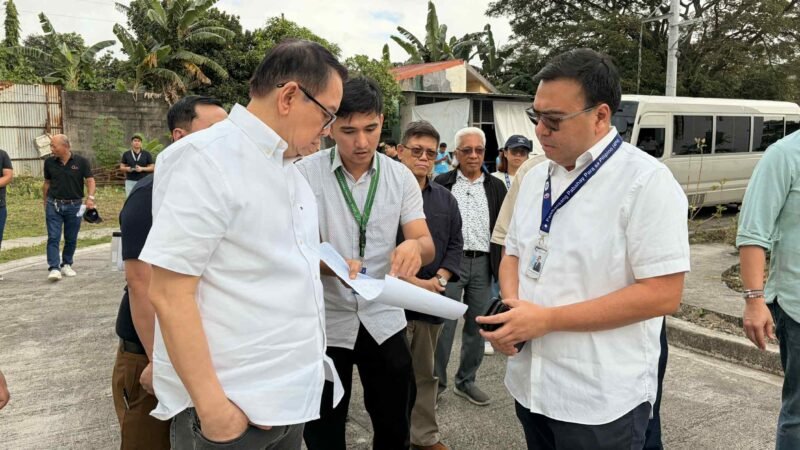Filipino spending at sari-sari stores slides to PHP 689 in 2024 amid easing inflation
Filipinos are spending less at neighborhood sari-sari stores, with monthly averages dropping to PHP 689 in 2024. This marks the lowest level in two years, despite easing inflation.
The latest figures come from Packworks, a local startup that tracks over one million monthly transactions through its Sari IQ analytics tool. Their network spans 300,000 sari-sari stores nationwide.
In 2022, Filipinos spent around PHP 800 monthly at these micro-retail shops. That figure declined to PHP 781 in 2023 before plunging to PHP 689 this year.

Regional Spending Shows Deep Cuts
Region I recorded the sharpest drop in spending at -31%, with average basket sizes shrinking to PHP 570. This occurred despite the region reporting the lowest inflation in the country at 2.1%.
The National Capital Region and Region VIII also saw steep declines of -28% and -25%, respectively. Region V followed with a 20% drop, showing the trend is widespread.
CALABARZON and MIMAROPA were exceptions, recording higher-than-average spending at PHP 1,027 and PHP 1,237. These regions also posted strong economic growth, likely helping households maintain their purchasing power.
Tingi Culture Still Dominates
While people are spending less each time, they’re visiting more often—averaging 18 store trips per month in 2024. That’s up from 15 monthly visits in 2023, indicating a reliance on smaller, frequent purchases.
Region I topped the charts with 26 store visits per month, followed by Region IX with 25 and Region V with 20. This behavior reflects the persistence of the “tingi” economy in Filipino daily life.
Top purchases remained basic necessities: powdered drinks, seasoning, detergent, shampoo, and conditioner. Meanwhile, sales of alcohol and cigarettes dropped, suggesting shifting priorities or tighter household rules.
Packworks Chief Data Officer Andoy Montiel said this shows adaptation, not just struggle. He explained that Filipinos are managing their budgets by buying less per trip while meeting immediate needs.
Though inflation eased to 3.2% overall—and hit a low of 1.4% in April 2025—Montiel noted many families haven’t felt the relief yet. He hopes continued economic improvements will soon reflect in household spending.
Packworks CEO Bing Tan said sari-sari stores are a pulse-check for the Filipino economy. Their performance mirrors the everyday financial choices made by millions across the country.
Founded in 2018, Packworks now supports over 300,000 stores through logistics, technology, and data. Its Sari IQ platform continues to be a key tool in understanding grassroots economic trends.



